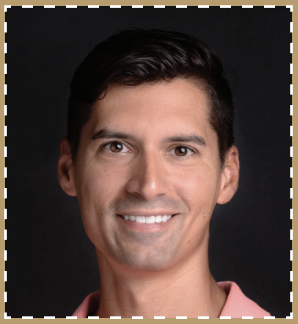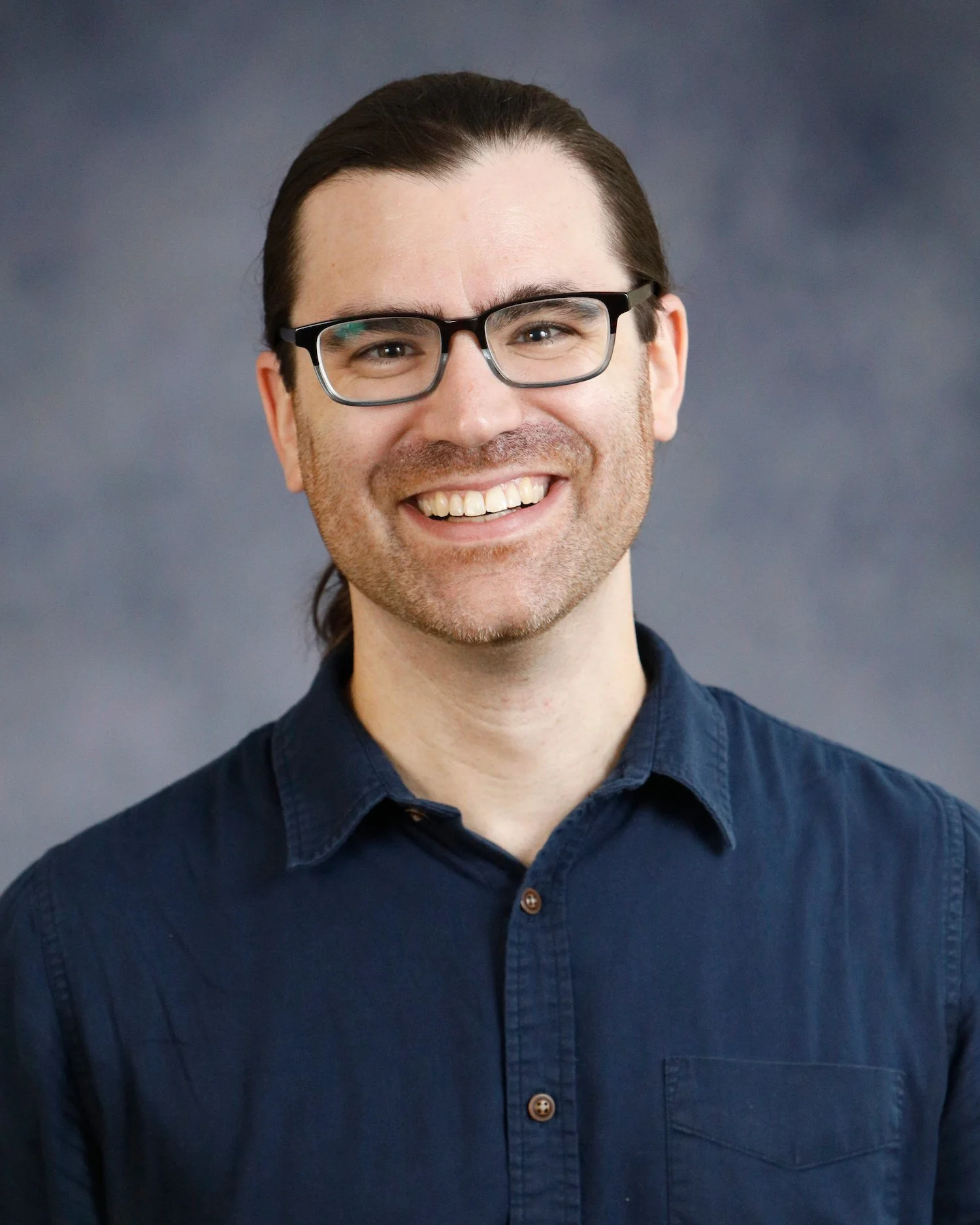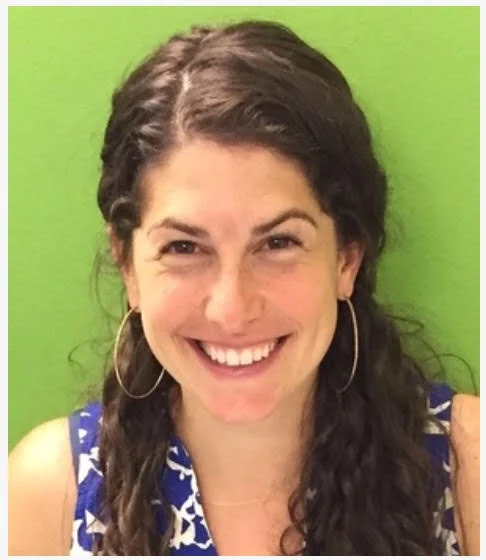Mentoring & Advising*
Academic life is rewarding. One of the best parts of my job and a primary reason I joined the professoriate is mentoring students. Students provide new perspectives to problems, help shape the school’s shared culture of curiosity, and advance the profession. As a gay cisgender professor, I welcome students from a wide range of backgrounds. I seek individuals who (regardless of their current viewpoints) are willing to listen and evolve, to consider alternative perspectives, and who, above all else, endeavor to be kind and show humility in their interactions with others.
Signing up to work with a professor, especially as a Ph.D. student or a paid research assistant, is a significant responsibility and commitment on both of our parts. I have high expectations for myself, and in turn, I have high expectations for the students who work with me. In general, we should all be responsive, respectful, honest, timely, and hard-working. When those things are not happening, we should talk to figure out how to get better together. I am less interested in having someone work for me than I am in working alongside them. This typically means that I want you to pursue a personal interest that I can help support, given my experiences and scholarly background. That said, my expertise is not unlimited. As a transdisciplinary scholar interested in preparing culturally sustaining educators and leaders who leverage children’s and youths’ ingenuity and difference as sites for learning, I see no purpose in work that does not “address how power and inequity under neoliberal and colonial forces are global phenomena that manifest in locally specific ways” (Phillip, Bang & Jackson, 2017, n.p). I believe this kind of work comes in many guises, and I aspire to continue to move my career forward in a way that responds to this call.
Academic life, for many, is unlike previous work experiences. There is no 9 AM - 5 PM structure in place. This poses a few challenges that I expect my students to manage over time. First, it is difficult to “shut off.” You should not work all the time. It will take a toll on your physical and mental health. Take breaks, enjoy your life outside of work, pursue your interests, and develop social relationships. I make time to binge-watch bad TV, try not to open my computer in the evenings, and very rarely work on university-related projects during the summers. Work is not my life.
Advising is an active word. I try not to take on too many students (typically between 3-6 students at any given time) to ensure that I have time to meet with everyone. New doctoral students meet with me twice a month in their first year. I value my time and yours, and we should meet as often and as long as it is productive. Advanced students often transition to meeting every other month or just on-demand after establishing their research trajectory.
I do not micro-manage my students, nor do I tell them what to do at all times. My style is to set milestones and goals and give you the freedom and agency to navigate and reach them. My goals should not be your goals. Nonetheless, you should always feel free to reach out to me and ask questions. As a first-generation college graduate myself, I recognize that the cultures and working styles of the academy may be unfamiliar. If, however, you start to see me needing to micromanage, this is a sign that you’re not meeting your work responsibilities adequately.
You will need to learn how to focus, manage your time, and work efficiently. As a new scholar and student, these skills are trying, but you should see yourself getting better and more strategic as you progress through your doctoral studies. If you do not see this progress or are struggling with time management or being overwhelmed — don’t wait to talk to me about it. We can figure things out together. This is a critical part of our relationship.
The university (like society) has strong hierarchical structures. Professors are in positions of power over students, and students are unfortunately not always able to speak up when something is not right. I welcome student input, especially if one of my colleagues or I has said or done something that makes a student feel uncomfortable. Harassment, intolerance, and other injustices are not okay. I also ask students to see me in “good faith.” I will always try to do the right thing and help you. Though I can’t promise just outcomes, I will be available to listen to students and try to make their experiences better.
*This document will be revised regularly. This is posted as of Oct 8, 2023. Credit to June Ahn, Sarita Yardi Schoenebeck, and Ty Hollett, whose statements I admire and borrowed from extensively.
CURRENT DOCTORAL STUDENTS
keturah abdullah
keturah abdullah is a doctoral student, Rackham Merit Fellow, and CEW+ Scholar in the Marsal Family School of Education at the University of Michigan. She is interested in issues of educational equity with a focus on African American homeschooling communities and practices. Her research examines how Black homeschooling families, particularly mothers, make curricular decisions that support identity formation and literacy development. Before becoming a student at UM, keturah enjoyed a career as an educator and curriculum writer. Outside academia, she appreciates spending time with her family, crocheting, sewing, and having a great cup of coffee or tea. You can reach her at keturaha@umich.edu.
ALi Blake
Ali Blake (@AliRBlake) can often be found playing in possibilities oriented toward more just ways of living together-- with physical, theoretical, relational materials. Ali’s practice lives in many spaces and with many people: across university, PreK-12, informal learning spaces, gatherings around and sprawled beyond the kitchen table with food and play, and unexpected moments on the sidewalk. In these spaces and more she wonders, explores, questions, plays, connects, and creates as artist, as educator, as learner, as researcher, as designer, as co-conspirator, as friend. As a Ph.D. candidate in the Lynch School of Education and Human Development at BC, Ali is interested in the design and facilitation of learning spaces that nourish young people’s critical creative practices, feed and sustain our joy and imaginations, enable our many multiplicities to flourish, and make it possible to dream and work toward the worlds we want to live within. Ali is particularly committed to queer/trans and culturally sustaining pedagogies while attuned toward the liberatory practices of non-dominant communities. You can learn more about Ali’s work at alirblake.com or say hi at blakeae@bc.edu.
Joseph madres
Joseph Madres (@MadresJoseph) is passionate about teaching, learning, community-building, and forms of collaborative cultural production and symbolic creativity - ‘the arts.’ A Ph.D. candidate in the Curriculum & Instruction program in the Lynch School of Education & Human Development at Boston College, he is particularly interested in the roles ‘the arts’ can play in communities imagining and realizing alternative ways of living justly, equitably, and flourishingly. His past growing experiences include coaching, substitute and part-time ELL teaching, teaching art full-time and as a teaching artist, camp counseling, managing and strategic planning for arts-based education nonprofit programs, grant writing, and researching and evaluating. His research interests lie at the intersection of democratic education theory, critical pedagogy, and arts-integrated approaches to collaborative teaching and learning. You can contact Joe at madres@bc.edu
Kyle smith
Kyle Smith is a doctoral student and Rackham Merit Fellow in the Marsal Family School of Education at the University of Michigan. He is interested in issues of educational equity, anti-racism, and anti-biased classroom practices, especially as they intersect with queer pedagogies and using diverse young adult literature as a tool of transformation in classroom spaces. Before enrolling at UM, Kyle served as a secondary English teacher in Kentucky, where, before moving to Massachusetts and now Michigan, he lived for his entire life. As an English instructor, he proudly worked in public, Title I schools. Outside of academia, Kyle enjoys traveling, going to the theatre, attempting to bake, and listening to podcasts. You can reach him at kpsmi@umich.edu
ethan voss
Ethan Voss is a first-year PhD student in English and Education at the University of Michigan. Throughout his academic career, Ethan has worked in the writing center at the University of Minnesota and the University of Alaska—Fairbanks, co-directed the University of Minnesota’s First-Year Experience Program, served as the Graduate Assistant of Michigan State University’s First-Year Writing Program, and taught writing courses at Michigan State University and the University of Michigan. His research interests include writing program administration, leadership theory, first-year composition, assessment, teacher education, and critical pedagogies. In his spare time, he enjoys reading, traveling, playing volleyball, watching sitcoms, and going out with friends.
FORMER STUDENTS / ALUMNI
MELITA MORALES, PhD
Dr. Melita Morales (@dustysl8) is an Assistant Professor of Art Education at the School of the Art Institute of Chicago. An alumnus of the Curriculum & Instruction doctoral program at Boston College, Melita is a long-term arts and interdisciplinary educator invested in the multiple ways we come to know and make meaning of the world through day-to-day informal settings as well as formal academic experiences. She is interested in generative spaces that support pluralistic perspectives through dialogic teaching and learning to reveal assumptions and imagine possible futures beyond structural constraints. You can learn more about Melita’s work at http://www.melitamorales.com/ or contact her directly at mmoral13@saic.edu
Mariana Lima Becker, phd
Mariana Lima Becker is an Assistant Professor in the Department of Educational Theory and Practice at the University of Georgia. Before starting her doctoral studies in the Lynch School of Education and Human Development at Boston College, Mariana was a English as a Foreign Language teacher at schools and several language institutes in her hometown of Recife, Brazil. She is also a licensed English as a Second Language teacher in the U.S. state of Massachusetts. Her research explores the intersection of bilingual education for language-minoritized students, im/migration, and literacy studies. Co-advised by Dr. Gabrielle Oliveira (Harvard University), her dissertation examined the experiences of education and literacy practices of Brazilian immigrant children across their homes and classrooms in a dual language bilingual education program (Portuguese-English) in Massachusetts. She was a 2022 NAEd/Spencer Dissertation Fellow and has published research reports in peer-reviewed journals such as the Journal of Early Childhood Literacy, Childhood, and the International Journal of Bilingual Education and Bilingualism. To learn more about Mariana, contact her at mariana.becker@uga.edu
ALEX CORBITT, phd
After completing his doctoral degree in Curriculum and Instruction at Boston College’s Lynch School of Education and Human Development, Dr. Alex Corbitt joined the literacy faculty at SUNY-Cortland. With interests in critical literacy studies, gaming, and horror, his scholarship has appeared or is forthcoming in journals such as English in Education, Mind, Culture and Activity, English Journal, and the Journal of Literacy Research, among others. Before joining the professoriate, Alex taught English language arts at a public middle school in the Bronx, New York. You can learn more about Alex’s work at alexcorbitt.com or contact him directly at alexander.corbitt@cortland.edu
Marisa segel, PHD
Marisa Segel teaches courses in the Lynch School of Education and Human Development at Boston College. An antiracist educator and former middle-school English teacher, Marisa is interested in sociocultural and socio-critical understandings of literacy. Using ethnographic methods, her current work explores how young men of Color create, sponsor, and resist literacies in their classrooms, communities, and at home. Marisa’s work also examines how parents - sponsors of literacy - contribute to and hinder their children’s literacies across formal and informal spaces, particularly in remote learning during the COVID-19 pandemic. You can reach Marisa directly at segelm@bc.edu.








